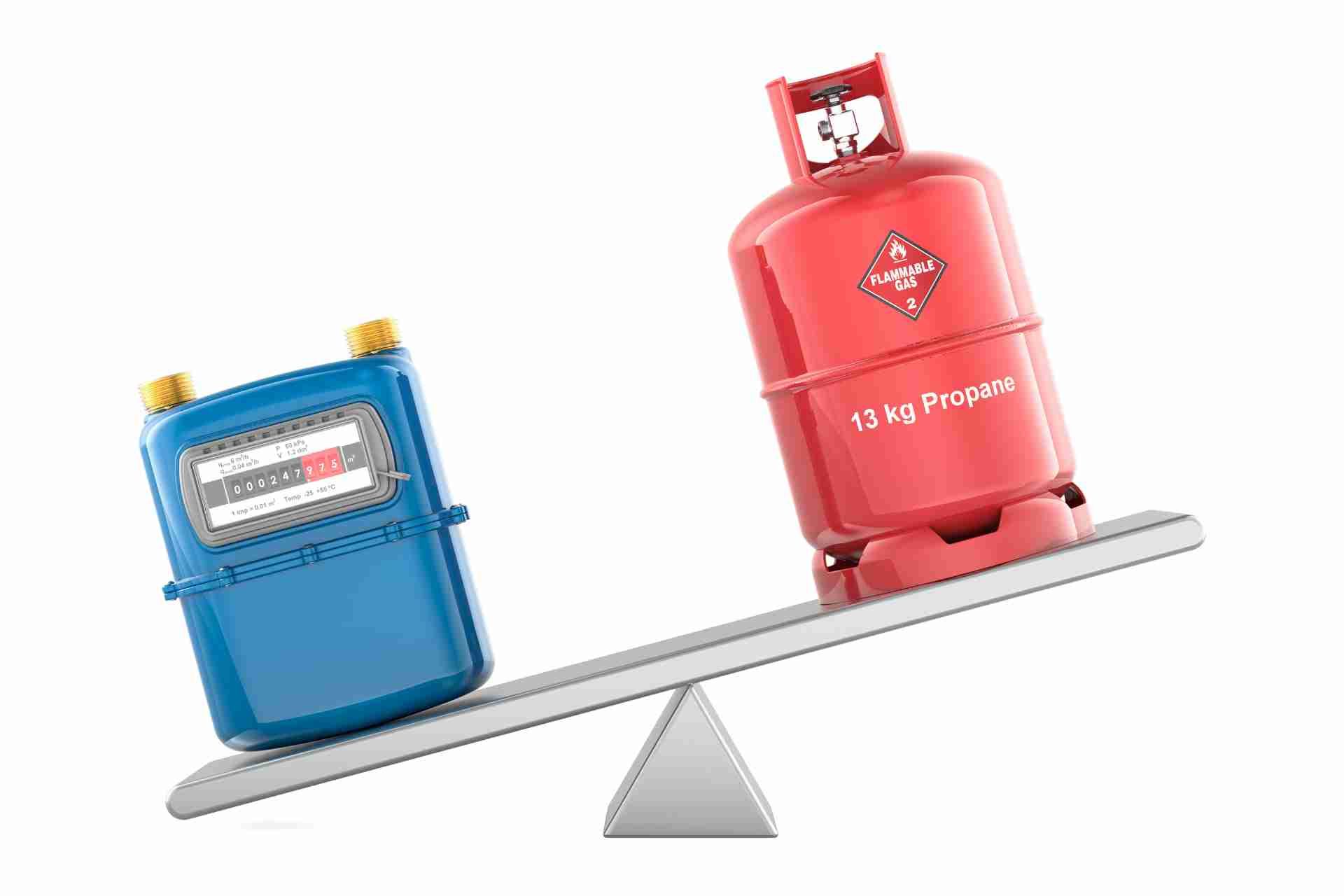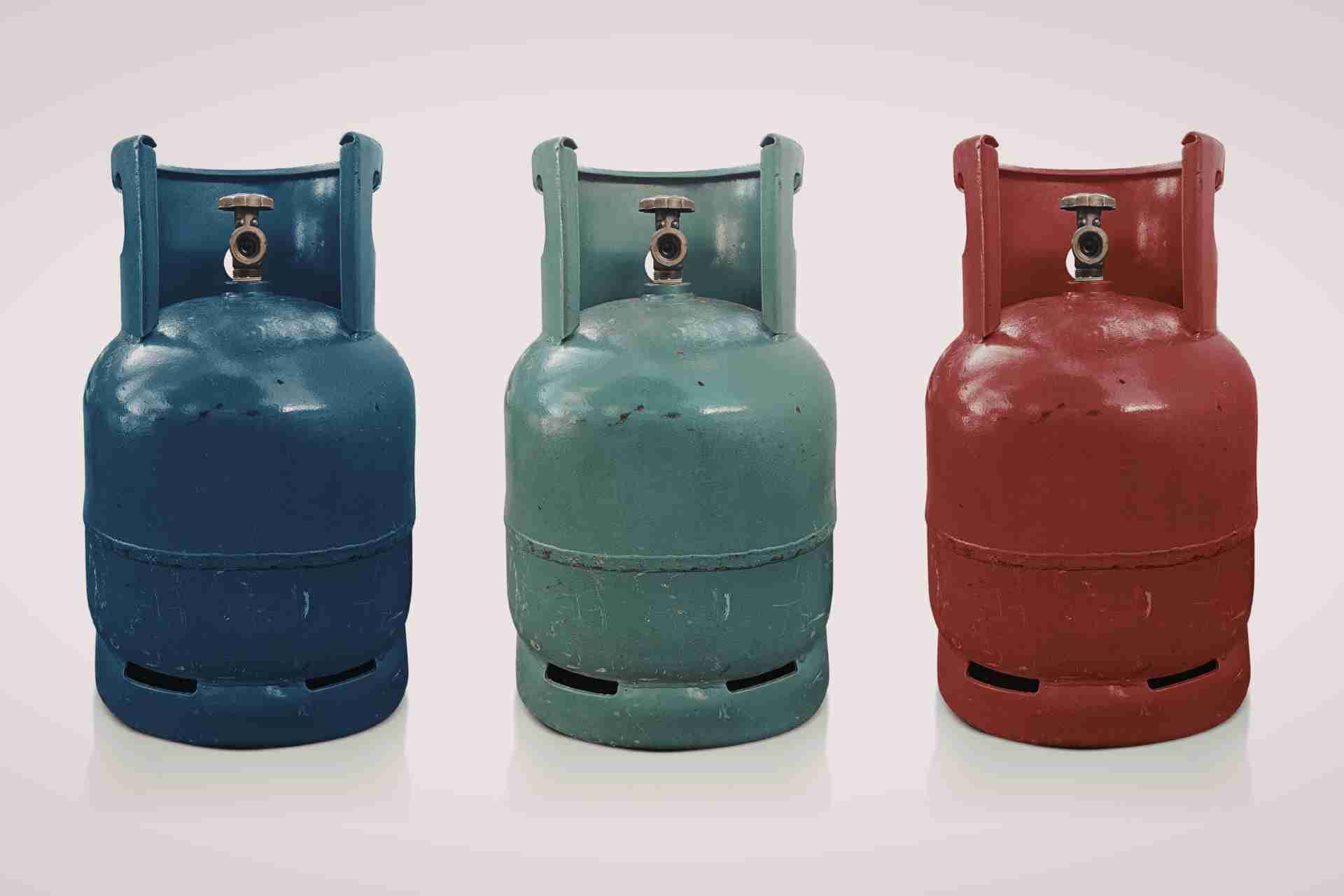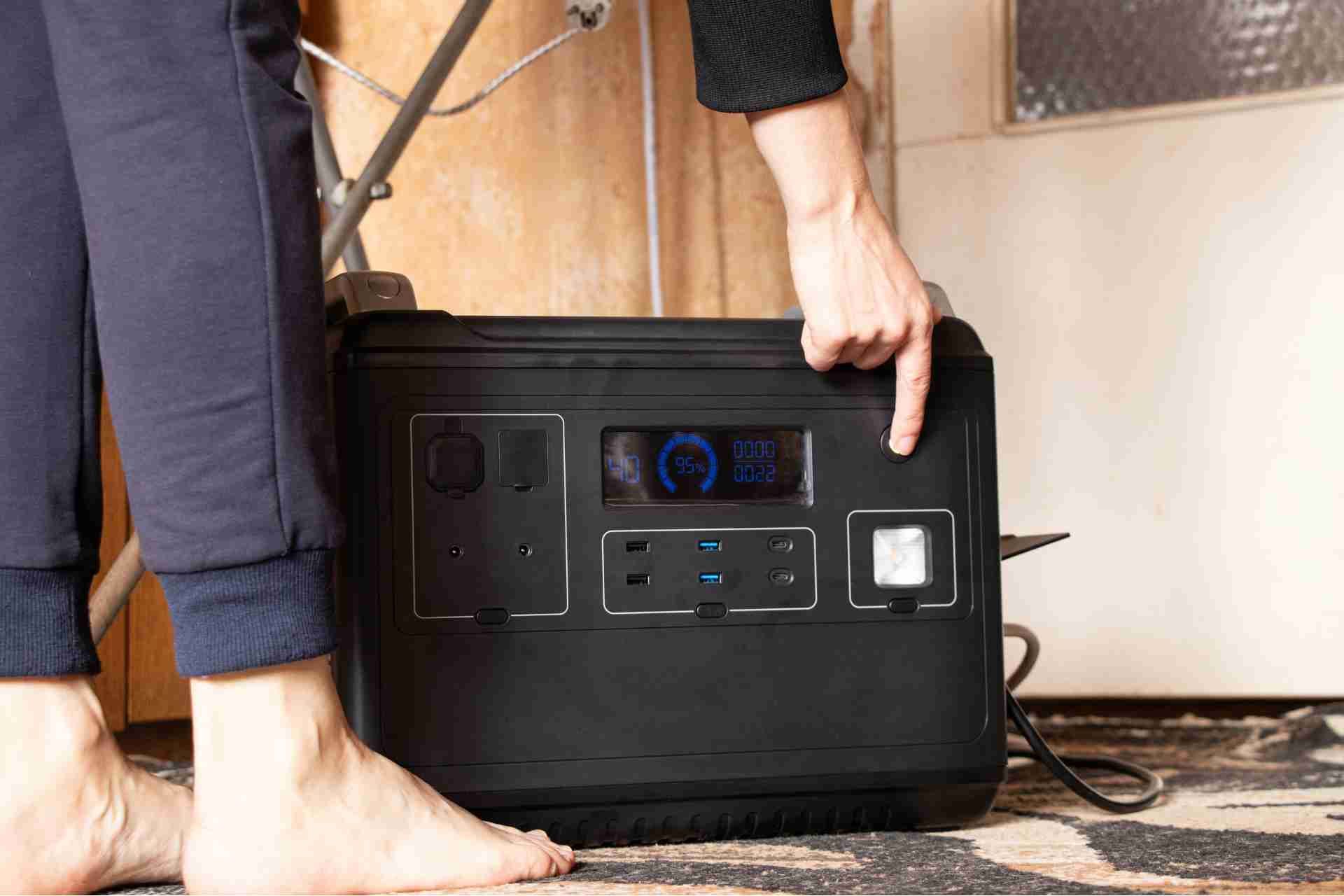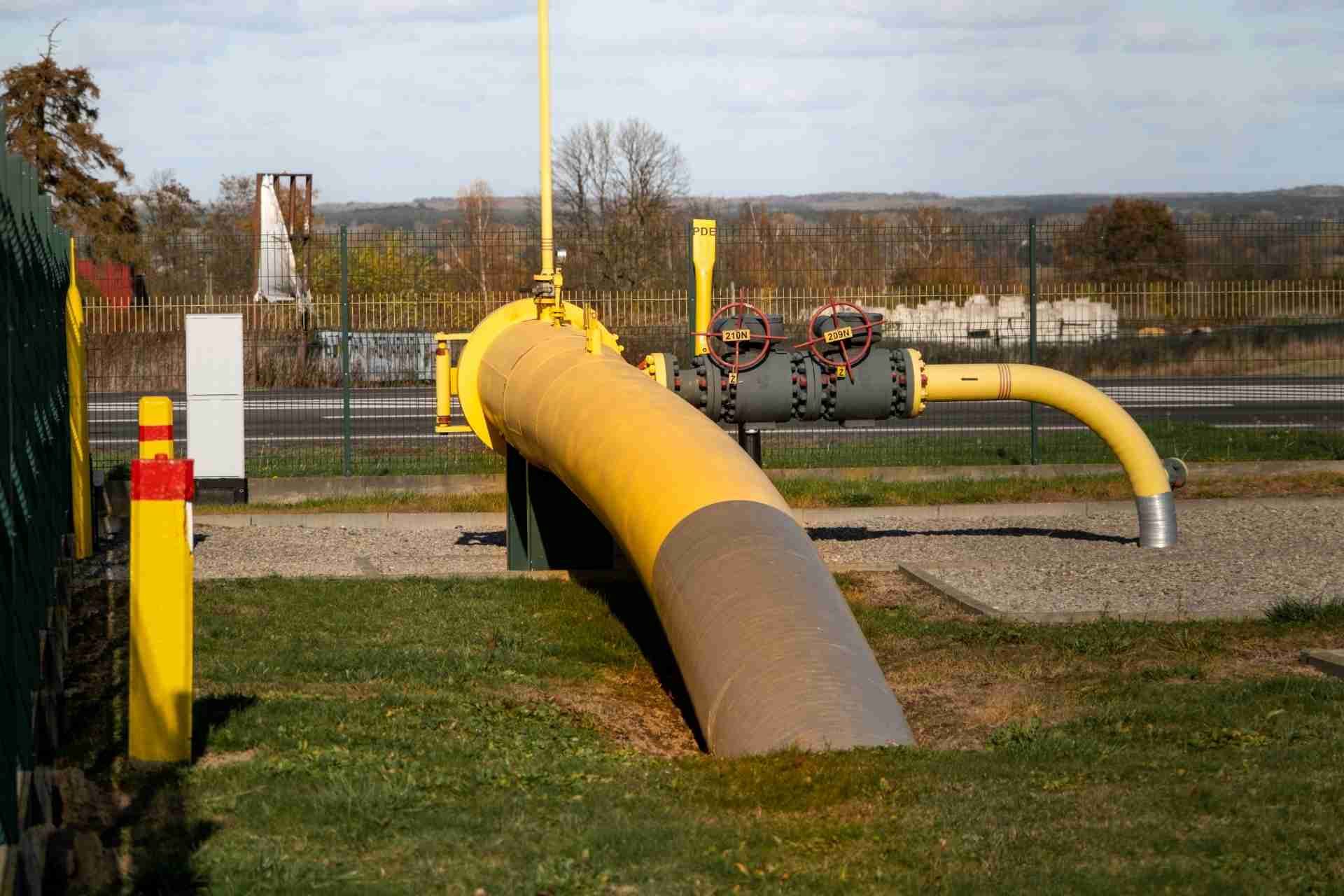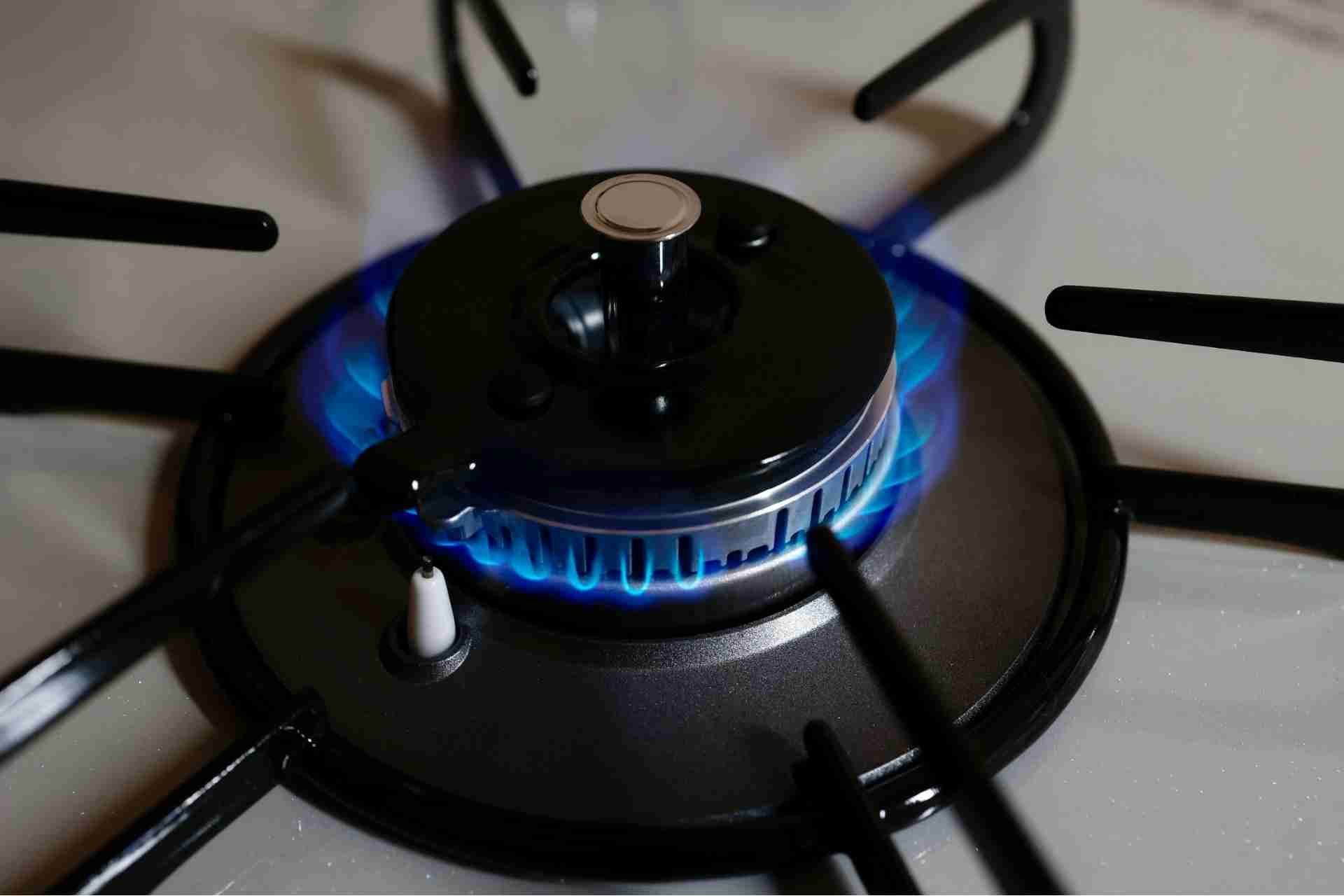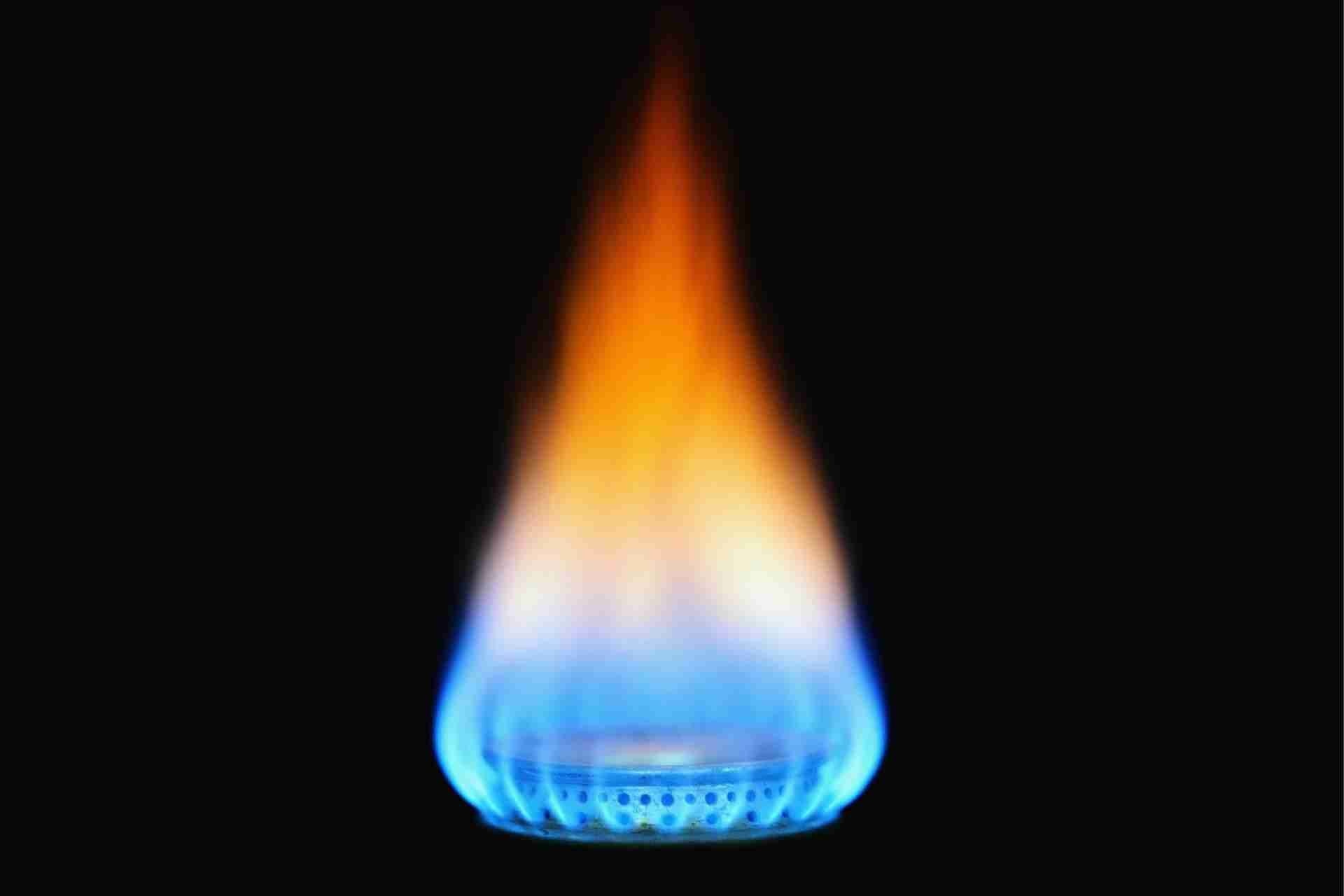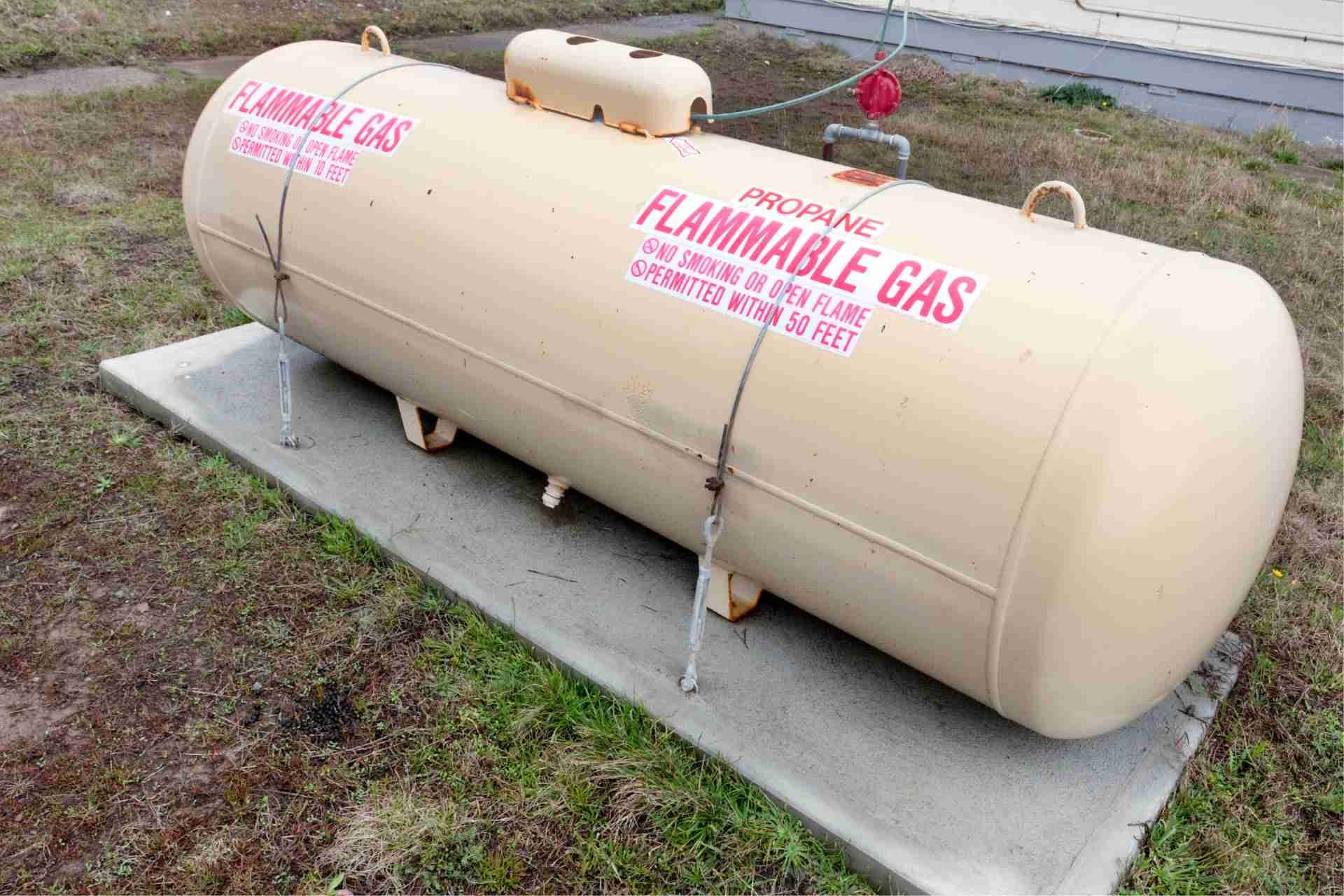Off-Grid Living with Propane: What You Need to Know
If you're considering off-grid living, propane might be the energy source you need. It's efficient and reliable for heating, cooking, and hot water. However, there are important factors to understand before making the switch. From safety measures to cost considerations, each aspect plays a crucial role in your setup. What should you know to ensure a smooth transition? Let's explore the essentials of using propane in your off-grid lifestyle.
Understanding Propane as an Energy Source
While many people rely on electricity for their energy needs, propane offers a versatile and efficient alternative for off-grid living. As a hydrocarbon gas, propane's derived from natural gas processing and petroleum refining.
You'll find it can power various appliances, from stoves and heaters to generators and refrigerators. Propane's energy density is impressive, providing more energy per unit than many other fuels.
It's also stored easily in tanks, so you can have a reliable supply on hand. Unlike electricity, propane doesn't rely on a grid, making it a perfect choice for remote locations.
Plus, it burns cleanly, producing fewer emissions than other fossil fuels. Understanding these properties will help you make informed decisions for your off-grid setup.
Benefits of Using Propane for Off-Grid Living
Propane offers numerous advantages for off-grid living, making it a top choice for those looking to live independently.
First, it's an efficient energy source, providing a high heat output with minimal waste. You'll find it easy to store and transport, thanks to its compact form.
Unlike electricity, propane isn't affected by weather conditions, ensuring you have a reliable source of energy year-round. Additionally, propane appliances typically require less maintenance, saving you time and money in the long run.
Safety is another key benefit; propane has a strong odorant added, alerting you to leaks quickly.
With its versatility and dependability, propane can significantly enhance your off-grid lifestyle, giving you the freedom to thrive away from conventional utilities.
Common Applications of Propane in Off-Grid Homes
When you choose to live off-grid, you'll find that propane serves a variety of essential functions, enhancing your daily life.
You can power your appliances efficiently, using propane for your fridge, stove, and oven, which allows you to cook and store food without relying on electricity.
Heating your home is another vital application; propane furnaces and heaters provide warmth during colder months.
Additionally, propane can fuel water heaters, giving you hot water for bathing and cleaning.
Outdoor enthusiasts appreciate propane for grilling, or even heating outdoor spaces.
Lastly, it can power generators for backup energy when needed.
With these versatile applications, propane proves to be a reliable choice for your off-grid lifestyle.
Propane vs. Other Energy Sources
Choosing the right energy source for your off-grid home is crucial for efficiency and sustainability.
Propane offers a dependable and versatile option compared to alternatives like solar or wind energy. While solar panels require sunlight and can be costly to install, propane is readily available and provides consistent energy regardless of weather conditions.
Wind turbines can also be effective but often need specific locations and can be noisy. Additionally, propane appliances tend to heat faster and provide instant hot water, which is a significant convenience.
Ultimately, you'll want to consider your energy needs, budget, and local resources. Propane strikes a balance between convenience and reliability, making it a top choice for many off-grid enthusiasts.
Safety Tips for Using Propane
While using propane can enhance your off-grid experience, prioritizing safety is essential.
First, always ensure proper ventilation when using propane appliances to prevent carbon monoxide buildup. Check for gas leaks regularly by using soapy water on connections; bubbles indicate a leak. When lighting appliances, follow the manufacturer's instructions carefully.
Keep a fire extinguisher nearby and know how to use it. Make sure your propane detectors are functional and test them monthly. Store propane tanks upright and away from direct sunlight or heat sources.
Never store flammable materials near your propane supply. Lastly, familiarize yourself with emergency procedures in case of a leak or fire.
Propane Storage Solutions
Proper propane storage is crucial for safety and efficiency in your off-grid setup.
First, choose a well-ventilated area away from living spaces to minimize risks. Use approved propane tanks, ensuring they're in good condition and free from rust or dents. Always keep your tanks upright to prevent leaks and store them on a stable surface.
If you're using multiple tanks, keep them spaced apart to avoid potential hazards. Consider building a dedicated storage shed that complies with local regulations. Always secure your tanks to prevent tipping.
Lastly, monitor the expiration dates and replace old tanks as needed. By following these guidelines, you can safely store propane and enjoy its benefits while living off the grid.
Installation and Maintenance of Propane Systems
When you decide to install a propane system in your off-grid home, it's essential to follow specific guidelines for safety and efficiency.
Start by choosing a licensed professional to handle the installation, ensuring all local codes are met. Proper ventilation is crucial, so position your tanks and appliances accordingly.
Regularly inspect your system for leaks and wear, using a soap solution on connections to check for bubbles. Maintain your appliances according to manufacturer recommendations, and schedule annual inspections to ensure optimal performance.
Always have a fire extinguisher nearby, and familiarize yourself with emergency procedures.
Cost Considerations for Off-Grid Propane Use
Understanding the cost considerations for off-grid propane use can help you make informed decisions about your energy needs.
First, factor in the initial investment for your propane system, including the tank, appliances, and installation costs.
Next, consider the ongoing expenses, such as propane fuel prices and delivery fees. Prices can fluctuate, so it's wise to keep an eye on market trends.
Additionally, calculate the frequency of refills based on your consumption to avoid unexpected costs.
Don't forget to budget for maintenance and potential repairs, as a well-maintained system operates more efficiently.
Lastly, compare propane's costs to other energy sources, like solar or wood, to ensure you're making the best choice for your off-grid lifestyle.
Conclusion
In conclusion, embracing off-grid living with propane can enhance your independence and comfort. With its efficiency and versatility, propane is a solid choice for powering your home. By understanding safety measures, proper installation, and cost management, you can enjoy a sustainable lifestyle without the hassle of traditional energy sources. So, take the plunge and explore how propane can transform your off-grid experience, making it both enjoyable and reliable for all your needs.

